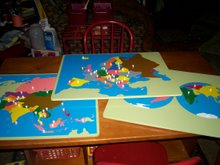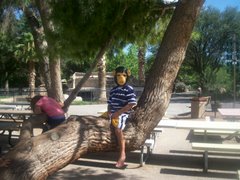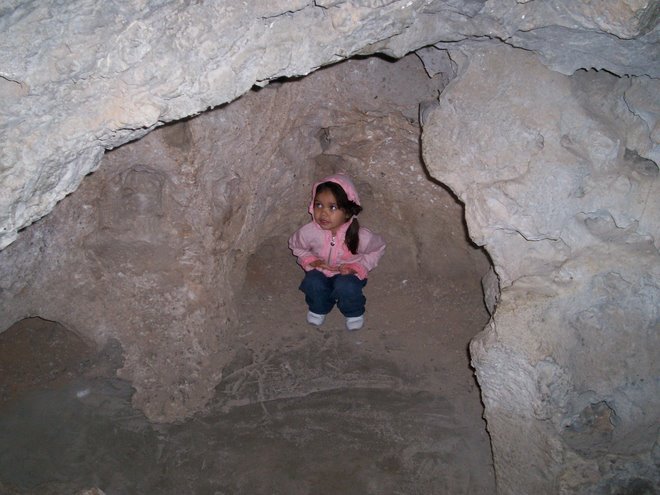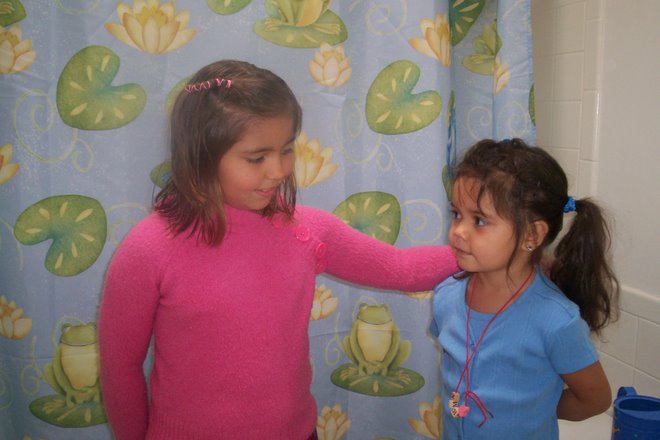The release of
The Latin-Centered Curriculum from the (twangy, hillbilly-accented) people over at Memoria Press seems to reopened that old classical vs neo-classical can of worms, and most of us teetering-on-the-brink worms seem caught somewhere in the middle scratching our wormly heads with our tails in a semi-permanent, "Yes, but..." state.
Or at least I am.
Or am I?
I really can't seem to decide either way.
+Part of the problem is the sheer persuasive power of the classical-educationalists.
Studying rhetoric obviously has its advantages, I won't argue that, but it is also possible to manipulate and distort reality through rhetoric. Hitler was a very persuasive and charismatic leader, with many loyal followers, he must have said things that made sense to his people on some level. But there must have been some people scratching their heads and saying, "Yes, but..."
(No, I don't think the Memoria Press folks are evil dictators set on world domination. I quite liked their Prima Latina, and would recommend their products...I am just philosophizing on their ideas of what education should be.)
It is just like the purpose of the Socratic Method. You use carefully chosen questions to determine what the other person believes, then you use questions to break down his confidence in those beliefs and replace them with a "closer approximation" to reality.
But who's "closer approximation" of reality is it you are installing here? There is no such thing as an objective reality, so obviously you are attempting to make the other person think more like you, or more like Aristotle or whoever you happen to be studying at the time. This is not without its dangers.
I'm not arguing that it isn't beneficial for helping a developing child grow intellectually and gaining a grasp on the complexity of the adult perception of the world, but what happens when you do this to an adult?
Couldn't you conceivably supplant a perfectly reasonable and functional perception of reality with your own, different version not for growth, but for, say, the sale of your books and materials or the spread of your religious worldview?
Just a thought.
+Another thing that has me second-guessing the validity of their version of a "truly classical" education is the fact that while it is based on the education of the rich young boys of Athens and Rome, this form of education was developed predominantly in the medieval times, more specifically in the monasteries. I can think of some other things (the crusades, the Spanish Inquisition) which also developed of this era that I wholeheartedly disagree with.
They didn't call them the "dark ages" for nothing.
Now, this doesn't mean it is not a valid method, or not worth considering, but saying something is worthwhile simply because it is old and has survived so long is silly.
Now correct me if I am wrong, but the middle ages are not particularly well-known for their intellectual enlightenment. Are they really arguing that the people of the middle ages were more intelligent than modern men living in the information age?
To compare the relatively small populations of educated elites in classical Greece or the medieval monasteries to the billions of people in the modern West is hugely unfair.
If we were to segregate the sons of the rich and highly educated and send only them to public school from the age of 10 or 12 while all the "peasants" and girls stayed home I have no doubt they would be suitably advanced. You notice they never mention the learning levels of the 5-12 year old children of beggars, prostitutes, and peasants of the middle ages, yet man students in our public schools are just that. The teachers are forced to concentrate on those poor unfortunates and the other kids’ needs get neglected. (okay, the prevalent anti-intellectualism in our culture plays a part in that neglect as well, but I am getting off topic here).
And while a monastery education was quite the thing for a medieval monk, I am not so sure it is relevant for a 6 year old child in a well-educated, enriched, modern home in the year 2006.
I mean, think about it. I am sure that in those times, learning to illuminate a manuscript (and read and write them) was extremely beneficial for developing the aesthetic sense, small motor-control, visual discrimination etc. but should we then dedicate the next 12 years focusing on that? We could "bring in" other things as they pertain to the manuscript they are so diligently working on, like perhaps weaving a tapestry, spinning wool, or teaching them to hunt wild boar.
Just think of all the nature study they could learn hunting grouse or all the knowledge of anatomy they'd gain if we bought cadavers from the peasants to dissect in our dungeons, why they might even discover the miracle cure of leeching, or maybe laudanum! Maybe through our study of classical Rome they will discover what a tasty food additive lead is, and how beneficial as a building material for water pipes. After all, they never studied science except as it relates to classical times, so they wouldn’t know any better.
To act like there have been no development in thought worthy of study in the last 2000 years is insane.
And for PE they could run around in their 200 lbs of war armor or ride their war ponies, battle each other with little wooden swords!
Monasteries were like an oasis from the surrounding darkness, I get that.
They had libraries full of classical and biblical texts not because they were the best but because that's all there was. They learned Latin, not so they could develop their powers of thought, but so they could be "educated" ie so they could READ those texts.
It was (and is) through the
actual reading of meaty texts and literature and the thinking about and using numbers and problem solving that the facilities of the mind were (are) honed. The content, far from being second to the acquisition of the tools, is the PURPOSE of learning those skills. The REASON for those skills.
Phonics is extremely beneficial, as is grammar, as is Latin...but they are just tools, means to an end.
And that end is reading and studying what the greatest minds of all time have to say about the world. We teach them math so they can solve problems and untangle puzzles, maybe discover some new truths of the world. We teach them logic so they can make sense of what they read and hear, know if a writer or speaker makes sense or doesn't. We teach them Latin so they will develop proficiency with languages (our own included) and have daily mental challenge to encourage mental growth. We teach them History so they will see the world and time from a broader perspective than the one at the ends of their noses, so they will be exposed to the most meaningful stories, so they can learn from the past and understand the present.
What possible sense is there to concentrating exclusively on classical history? You have the benefit of not seeing some of the evils that have sprung out of Christianity in the last 2000 years, I guess.
You also miss the whole sweep of growth and change that has taken place. Never in history have things changed so much in so little time, have so many advancements and improvements in daily life happened, and you want to ignore all that and focus on the Greek Gods?
Personally, I love Greek Mythology. I love Latin, and Philosophy. I want to share those things with my children. I think any educated person in modern times should be exposed to those things. I can also see the benefit of systematic, persistent Latin instruction to the mastery level.
But I can't see ignoring 2,000 years of history, mathematical and scientific advancement in favor of it.
Hmm. Guess I am not on the fence at all, am I?
Neo-classicists here, and darn proud of it!














